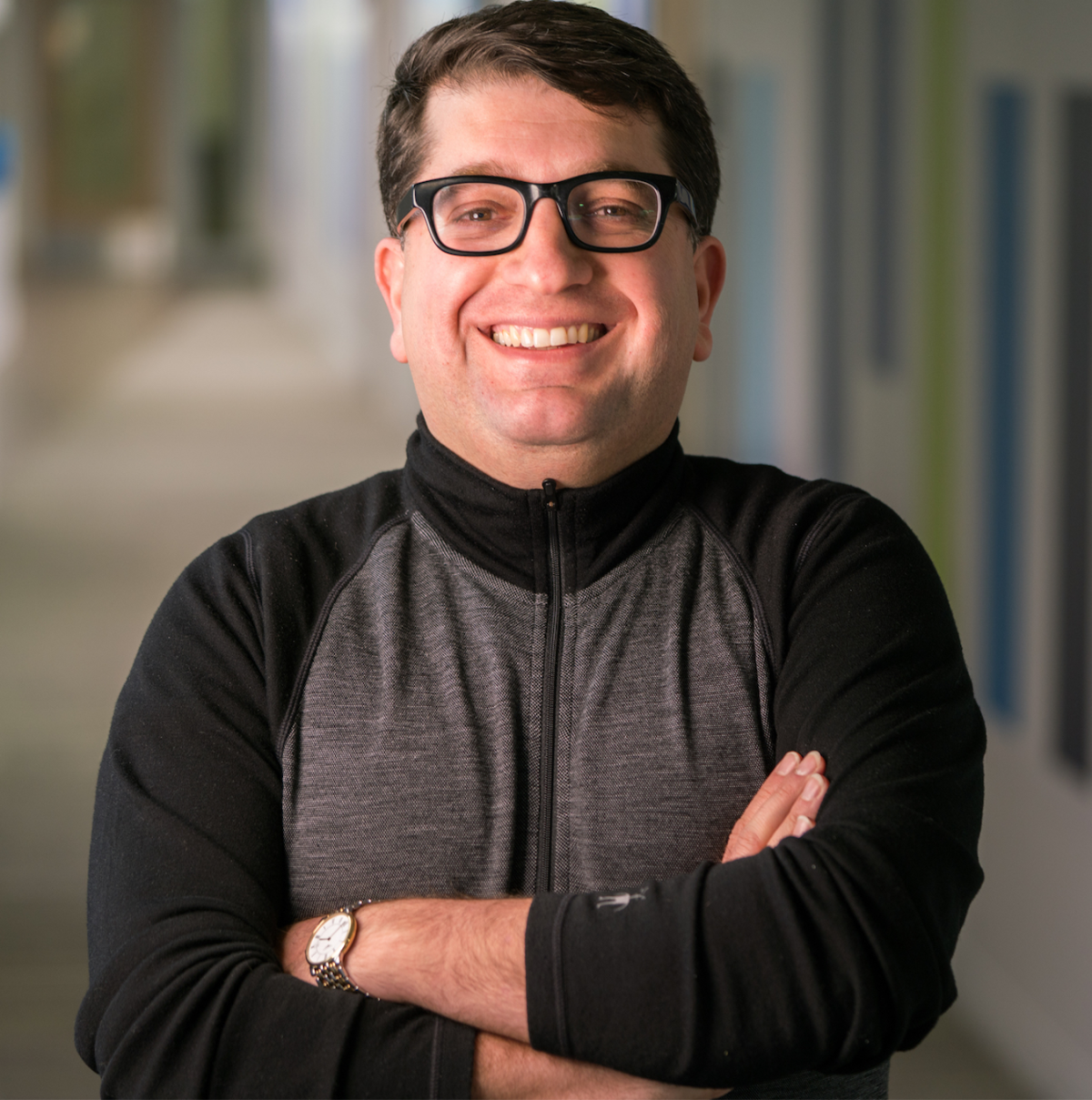ISyE Seminar Series: Ali Jadbabaie
 "Persuasion, News Sharing, and Cascades on Social Networks"Presentation by Ali Jadbabaie Wednesday, March 30 |
|
About the seminar: In this talk, Jadbabaie will present a game-theoretic model of strategic, online news dissemination on Twitter-like social networks. Agents are endowed with subjective, heterogeneous priors on some unobservable real-valued state of the world. At the beginning, a small fraction of agents observes a piece of news with certain credibility. The agents who receive the news, decide to share or not with their followers based on whether the news will persuade their followers to move their beliefs closer to the agents’. We characterize agents’ sharing decision, which leads to an endogenous SI process. We characterize the size of endogenous news spread at the equilibrium. We show that low-credibility news can potentially trigger a larger sharing cascade than news with higher credibility. Furthermore, we investigate the role of polarization in priors and show that increased polarization in a population prompts more sharing of lower credibility news which results in wider spread than fully credible news. Finally, fully describe the interplay between news credibility, polarization and diversity of the priors. If there is time, I will also discuss a model of news subscription with news intermediaries with ideological biases, and a population with heterogeneous priors deciding which news intermediary to subscribe to. We show how this model rationalizes homophily for individuals at the ideological extreme. Joint work with Chi-Chia Hsu, Amir Ajorlou, and Muhamet Yildiz. |
|
Bio:
Ali Jadbabaie is the JR East Professor and Head of the department of Civil and Environmental Engineering, a core faculty member in the Institute for Data, Systems and Society (IDSS), and a PI at the Laboratory for Information and Decision Systems (LIDS). Previously, he served as the director of the Sociotechnical Systems Research Center and as the cofounder and Associate Director of IDSS at MIT and the founding Program head of the IDSS flagship PhD program on Social and Engineering Systems. He received a BSc with High Honors from Sharif University of Technology, his MS in electrical and computer engineering from the University of New Mexico, and a PhD in control and dynamical systems from the California Institute of Technology (Caltech). He was a postdoctoral scholar at Yale University before joining the faculty at the University of Pennsylvania where he was subsequently promoted through the ranks and held the Alfred Fitler Moore Professorship in Network Science in the Electrical and Systems Engineering department with secondary appointments in computer and information science and operations, information and decisions in the Wharton School. A member of the General Robotics, Automation, Sensing & Perception (GRASP) Lab at Penn, Prof. Jadbabaie was also the co- founder and director of the Raj and Neera Singh Program in Networked and Social Systems Engineering (NETS), an undergraduate inter-disciplinary degree program. Prof. Jadbabaie was the inaugural editor- in-chief of IEEE Transactions on Network Science and Engineering, a journal sponsored by several IEEE societies. He is a recipient of a National Science Foundation Career Award, an Office of Naval Research Young Investigator Award, the O. Hugo Schuck Best Paper Award from the American Automatic Control Council, and the George S. Axelby Best Paper Award from the IEEE Control Systems Society and is a senior author of several student best paper Awards. He is an IEEE fellow and recipient of a 2016 Vannevar Bush Fellowship from the office of Secretary of Defense which provides 3 $M in funding over 5 Years for research on topics of his choice. His current research interests include the interplay of dynamic systems and networks with specific emphasis on multi-agent coordination and control, distributed optimization, network science, and network economics.
|